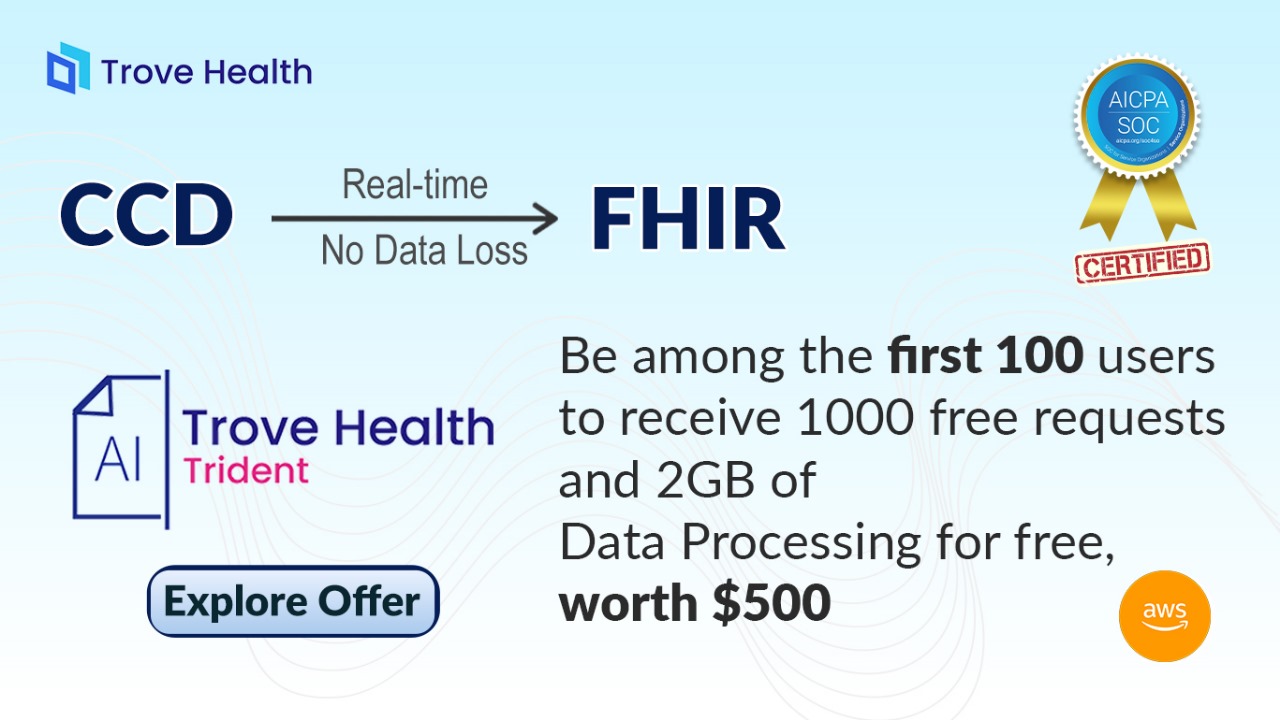Why Interoperability?

Health data has always been challenging to access and share in a secure manner. The nature of health data creates a paradox: It’s difficult to share because it’s sensitive and requires a high level of privacy and security, yet the inability to access it when it’s needed has potential to cause significant harm. A lack of interoperability can result in an incomplete understanding of an individual’s or population’s health needs, which can lead to poorer outcomes and higher costs.
In their nationwide roadmap, the Office of the National Coordinator for Health Information Technology (ONC) says the use of electronic health records (EHRs) has dramatically increased in the United States. Many hospitals now have routine access to medical records and patient data from outside providers, yet less than half of hospitals are integrating the data they receive into individual patient records. So although access to vital clinical data has improved, there’s still a lot of work that needs to be done to bring stakeholders together to create an integrated data ecosystems, which can lead to better outcomes and lower costs.
Informed Care +
Patient information equips the doctor with ample information to take better decisions and give more positive outcomes to its patients.
Trend based analysis +
The vast amount of patient information gathered by the provider helps them give more predictable outcomes.
Better Patient Experience +
Efficient diagnosis reduces the treatment time for the patient which thereby improves patient experience.

